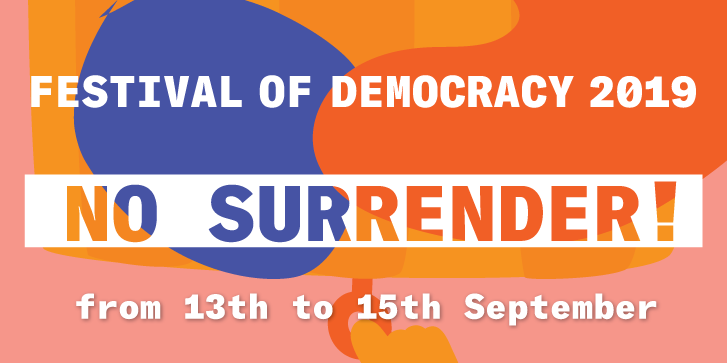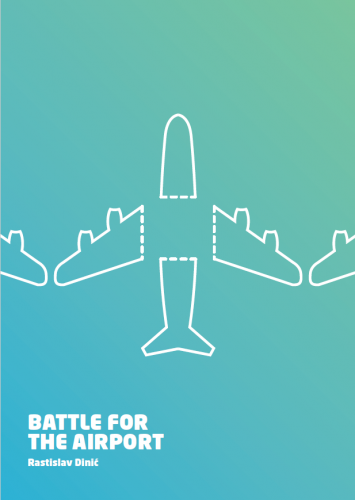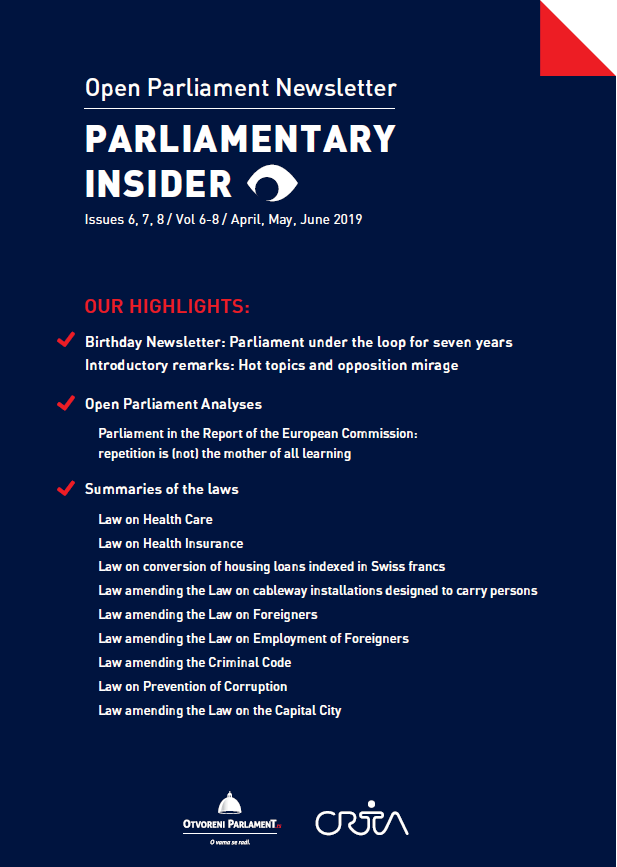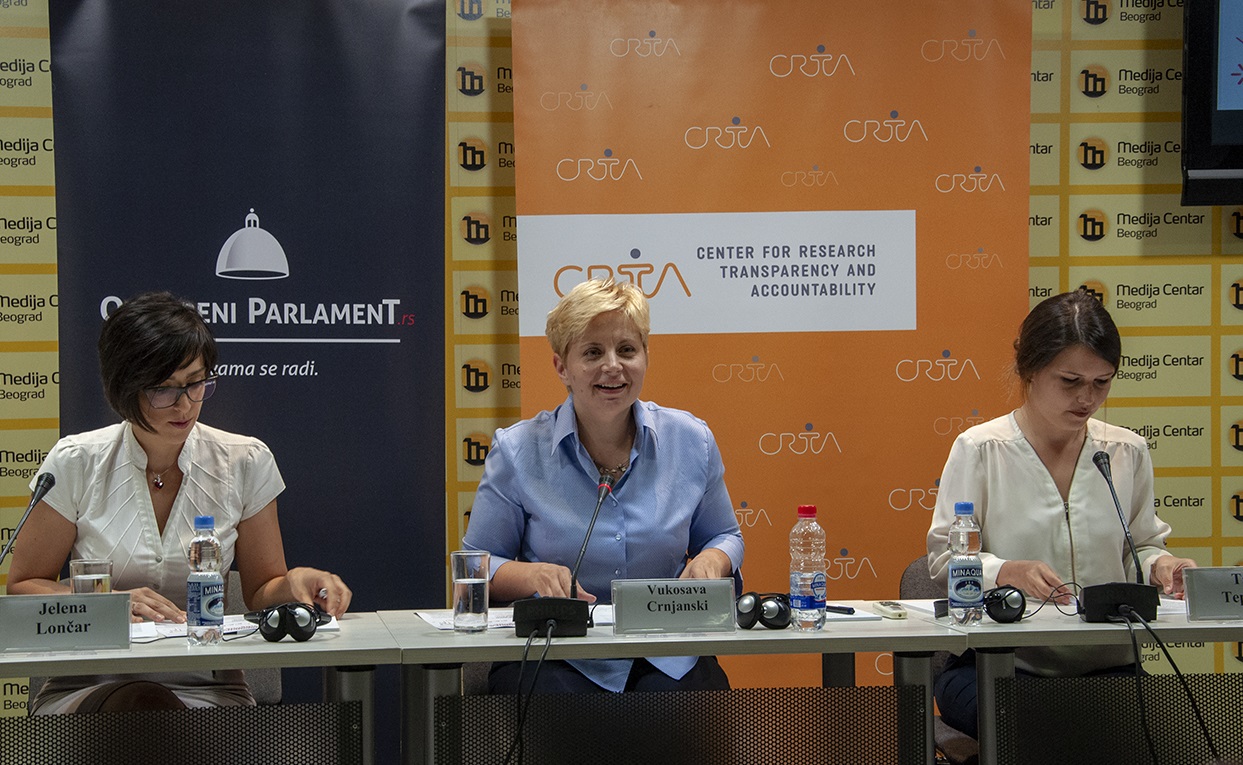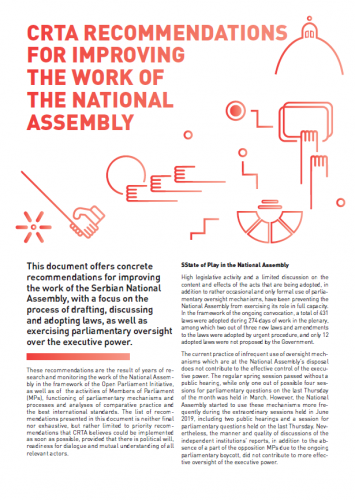Strongly believing that democracy is more powerful than the challenges it faces, this year together with our partners we organize the first Festival of Democracy from 13th to 15th September in Belgrade and many towns across Serbia, aiming to boost optimism and reinforce trust in democracy.
The decision of the Special Department of the Higher Public Prosecutor’s Office in Novi Sad to dismiss a criminal charges pressed against an unknown perpetrator from the municipal administration of Šid as a result of irregularities observed on the day of the local elections in Lučani, is another example of the unwillingness of institutions to enforce laws and to continuously protect fair and free elections.
Ever since 2009 when the first Decree on Incentive Measures for Electricity Genera¬tion from Renewable Energy Sources was adopted (“Official Gazette of the Republic of Serbia” 99/09) the status of a privileged power pro¬ducer can be acquired by owners of approximately one hundred small hydropower plants with the in¬stalled power of up to 1 MW.1 These plants make for 1.26% of the total electricity generation capacities in 2019.
The City Council of Niš passed on the deci¬sion to transfer the ownership of the Kon¬stantin Veliki Airport into the hands of the Republic of Serbia on March 31st 2018. The next day, the first spontaneous protest took place. The citizens of Niš gathered in front of the City As¬sembly housing the City Council and the Mayor’s Office. This spontaneous protest was an introducti¬on to the process that would last three months and would be marked by a number of mass protests of citizens of Niš against the decision to “hand over the airport“. It ended on June 22nd at the session of the Assembly of the City of Niš, when the decision of the City Council was adopted.
Civil society organisations propose to Members of Parliament to make use of the presence of the candidate, Milan Marinović, for the new Commissioner for Information of Public Importance and Personal Data Protection at the National Assembly session beginning today and therefore help the public determine what are the attitudes of the candidate regarding the resolution of key problems in the areas of his future work.
In order to contribute to the initiation of the democratic functioning of the Parliament, the CRTA has made 46 recommendations relating to the process of adopting laws, strengthening parliamentary control over the executive, increasing public involvement and improving cooperation with independent institutions.
These recommendations are a result of years of re-search and monitoring the work of the National Assem-bly in the framework of the Open Parliament Initiative, as well as of the activities of Members of the Parliament (MPs), functioning of parliamentary mechanisms and processes, and analyses of comparative practice and the best international standards. The list of recommendations presented in this document is not final nor exhaustive, but rather limited to priority recommendations that CRTA believes could be implemented at the earliest opportunity, with the existence of political will, readiness for dialogue and mutual understanding of all relevant actors.
Our topics

Democratic culture
Because politics is not just for politicians. It is our human and citizen right to participate in the processes of making decisions which influence our lives. A dialogue has no alternative.

Free and fair elections
Because elections are the pillars of democracy. It is every citizen’s right to decide on whom to give his/her vote in free and fair conditions. Our vote is valuable and it can make a difference.

Open institutions
Because institutions serve the citizens. We need strong institutions with integrity which protect the public interest.

Free media
Because media should ask questions and critically analyse the reality. We need the media which protect the public interest and tackle the needs of the citizens.




